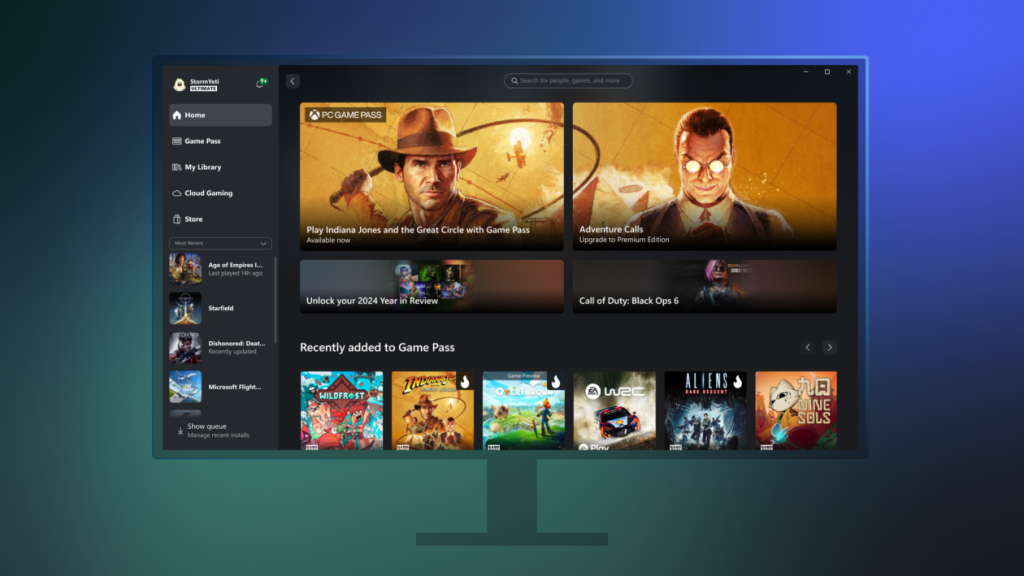The Projected Resurgence of the Video Game Industry in 2025 and Beyond
The video game industry, after experiencing a two-year downturn marked by layoffs, studio closures, and canceled projects, is poised for a significant rebound in 2025, according to DFC Intelligence’s 2024 Video Game Market Report and Forecast. This report, focusing primarily on the PC and console markets, attributes the recent slump to various factors, including the normalization of revenue after the COVID-19 lockdown-induced surge, pandemic-related disruptions to console supply chains and development cycles, and increased competition from other entertainment options. However, several converging factors are expected to propel the industry’s growth in the coming years. The anticipated release of new consoles, highly anticipated game launches, and the enduring value proposition of gaming in a cost-conscious consumer environment are all predicted to contribute to this resurgence.
One of the most significant catalysts for growth is the expected launch of Nintendo’s successor to the highly successful Switch console in 2025. This new console is anticipated to generate substantial hardware and software sales, mirroring the Switch’s remarkable market penetration. Furthermore, the potential release of Rockstar Games’ Grand Theft Auto VI in late 2025 is expected to be a monumental event, driving console sales and capturing a massive player base. The previous installment, Grand Theft Auto V, has maintained remarkable longevity in the top-selling charts for over a decade, underscoring the franchise’s enduring popularity and the potential for GTA VI to become a generational defining title.
The economic landscape also favors the video game industry’s resurgence. In an era of persistent inflation and rising entertainment costs, video games offer consumers substantial value for their money. Compared to the escalating prices of other leisure activities, such as amusement parks or movie theaters, video games present an affordable and engaging entertainment option. This cost-effectiveness, coupled with the growing accessibility of gaming platforms and the expanding diversity of game genres, positions the industry for robust growth. The stabilization of post-pandemic work flows and supply chains further strengthens this positive trajectory.
DFC Intelligence projects the global gaming audience to reach a staggering 4 billion by 2027, encompassing nearly half of the world’s population. However, a key challenge lies in the uneven distribution of revenue generation. While the top 10% of gamers currently account for 65% of industry revenue, the remaining 90% generate significantly less, averaging only around $20 per user. This disparity reflects the “whale” and “minnow” dynamic prevalent in the free-to-play market, where a small percentage of players contribute the majority of revenue.
This dynamic may be partially offset by the aging demographic of gamers. Generation X, the first generation to grow up with video games, now possesses greater disposable income and a higher propensity for spending on hobbies, including gaming. This trend includes increased investment in sophisticated gaming hardware, such as high-performance PCs. The convergence of these factors is likely to intensify the console wars in 2025 and beyond, as Nintendo’s new console competes with the established PlayStation 5 and Xbox Series X|S. This competitive landscape will shape the future of console gaming and influence the development strategies of major players.
By 2028, with the anticipated release of new consoles from both Sony and Microsoft, the current console generation may see a clear loser emerge. The current market dynamics, with Nintendo dominating in sales and Microsoft trailing behind Sony, suggest a potential shift in the console hierarchy. The success of portable consoles like the Switch and the Steam Deck highlights the growing demand for portability and flexibility in gaming, a trend that future console designs are likely to address. The next generation of consoles will likely see a renewed focus on innovation and unique features to attract consumers.
Beyond hardware, distribution channels are becoming increasingly crucial for success in the gaming industry. DFC Intelligence emphasizes the importance of effectively reaching players, whether through physical copies, digital downloads, or mobile apps. Major distributors, including console manufacturers, digital storefronts like Steam and Epic Games Store, and retail chains, exert considerable influence over market access. Each platform operates within its own ecosystem, often incentivizing customer loyalty through exclusive benefits or convenient access to a vast library of games. For instance Steam is ubiquitous within PC Gaming and is a virtual necessity.
While several companies previously attempted to establish their own exclusive distribution networks, such as Ubisoft’s uPlay and EA’s EA Play, these platforms have largely failed to gain traction. The growing trend of cross-platform publishing, spearheaded by Microsoft, and Sony’s increasing presence on PC have blurred the lines between consoles and platforms. This has led to a greater focus on overall distribution strategies rather than platform-exclusive content. The next major battleground in the gaming industry may well be over distribution methods, with companies vying for control over access to players.
DFC Intelligence’s analysis, while not accounting for certain unforeseen factors like potential import cost increases, aligns with other industry assessments, such as PitchBook’s recent report noting increased investment in the gaming sector after a period of decline. These converging indicators suggest that the video game industry, following a period of turbulence, is primed for a period of sustained growth and innovation, driven by new technologies, evolving consumer preferences, and the enduring appeal of interactive entertainment. The future of gaming appears bright, promising a dynamic and competitive landscape for both developers and players alike.


